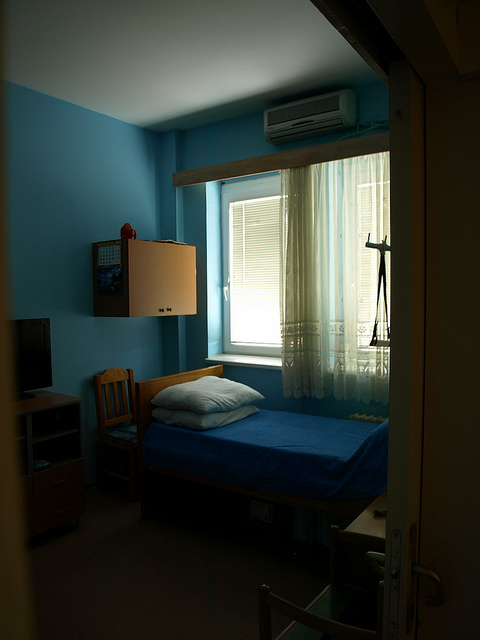Whose services are really “essential”? And what does that mean?
On Friday, the McNeil government recalled the legislature to designate most home support workers — including the 400 Northwood employees who began a legal strike Friday, the 670 VON workers who could walk off their jobs this week and even the hundreds of others still at work and still supposedly involved in “free” collective bargaining — so essential they cannot be allowed to exercise their legal right to strike.
According to the legislation, home support employees who “assist persons with activities of daily living, which may include personal care, respite services, light housekeeping, meal preparation and laundry services” are absolutely essential. And so too are those whose absence might simply result in “deterioration of property required for the performance of an essential home-support service.”
If those workers are so essential, we need to ask ourselves why they earn — even if they were to accept the government’s last “generous,” accept-this-or-we’ll-offer-you-even-less contract — far less than half what an MLA makes? Are MLAs really twice as essential?
If we really can’t do without home support workers, why won’t we compensate them on a par with, say, doctors? Or nurses? Shouldn’t they — at a minimum — earn as much as those who do similar work inside hospitals? And be compensated for the hours they spend each day “on call”?
If Nova Scotia’s home support workers are so vital to our collective well-being, why have they been working without a contract for close to two years?
And why won’t the government allow its dispute with them go to arbitration, the normal way to resolve labour disputes without strikes?
It seems Stephen McNeil’s government’s broader agenda is to eliminate the right to strike for all employees in the health-care sector, and the home support workers — a generally older group that includes mainly women — are simply the first, easiest target.
If there’s an argument for eliminating health-care workers’ right to strike, losing that right should then become a factor in determining their compensation.
But this legislation isn’t about essential services. It’s about government trying to solve larger economic problems on the backs of already low-paid workers.
It’s the wrong way to do it.
This article first appeared in Stephen Kimber’s Halifax Metro column.
Photo: UNDP in Europe and Central Asia/flickr



